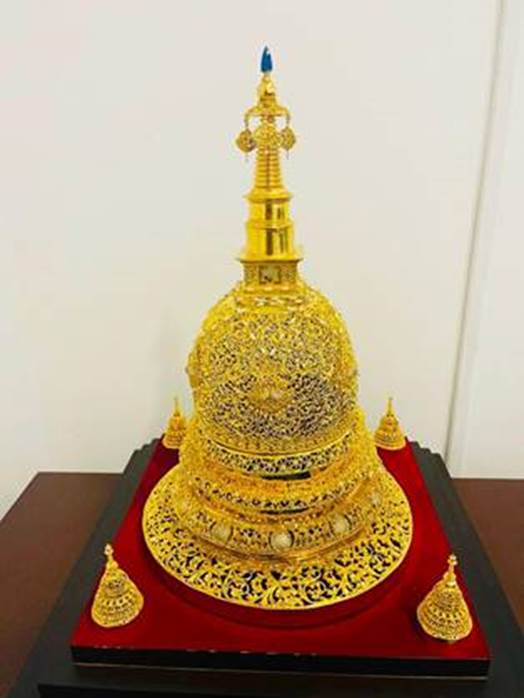Free Courses Sale ends Soon, Get It Now


Free Courses Sale ends Soon, Get It Now



Copyright infringement not intended
Context:
Buddhism in India:
Origin:
Tenets of Buddhism:
Major Buddhist Texts:
Buddhist Councils:
Schools of Buddhism:
https://www.pib.gov.in/PressReleasePage.aspx?PRID=1833152
© 2024 iasgyan. All right reserved